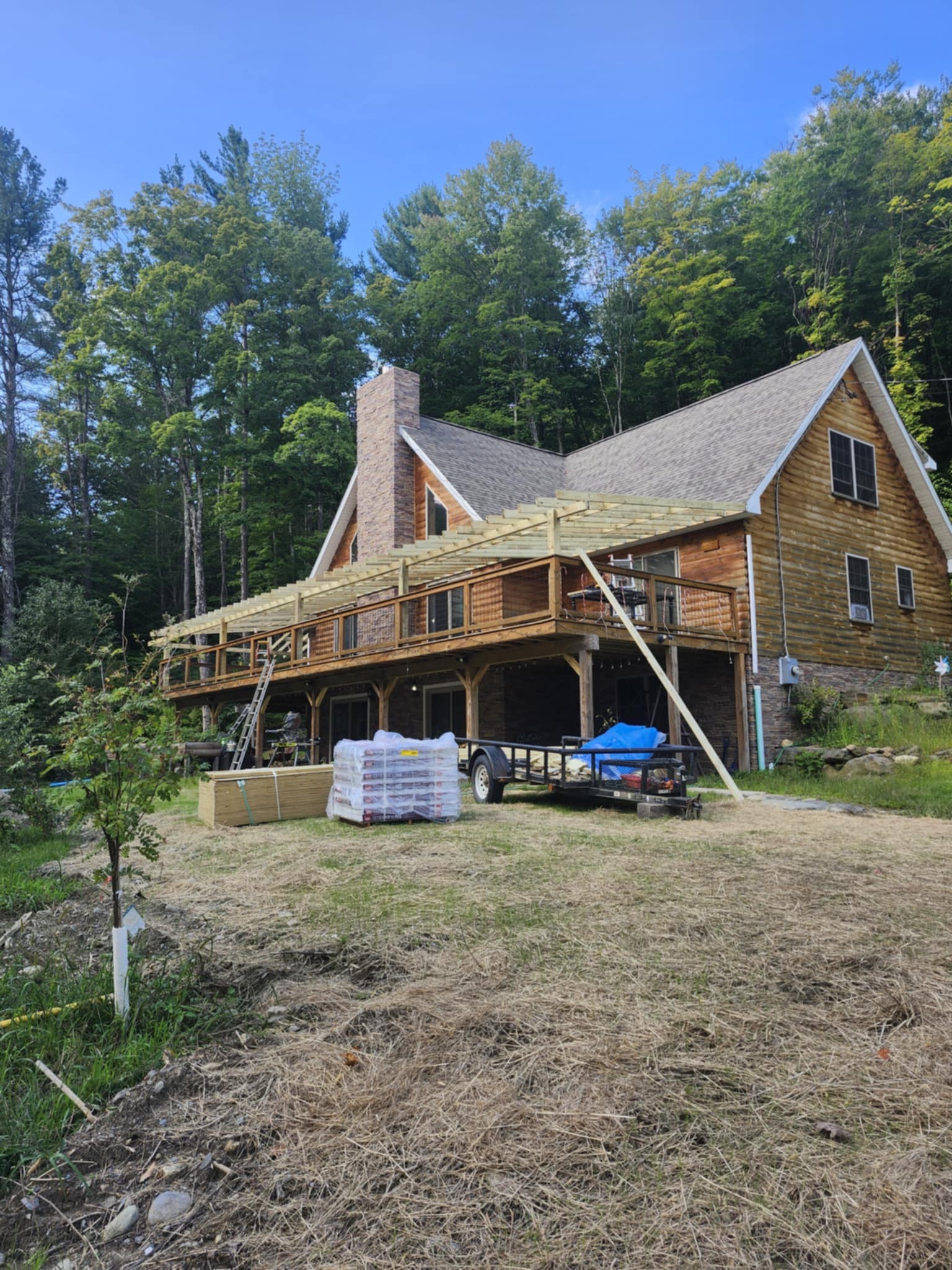
How to Safeguard Your Home Against Water Damage Oct 15, 2025
To begin with, it's crucial to conduct regular inspections both inside and outside your home. Start by examining your roof for any missing or damaged shingles that could allow water to penetrate. Address any problems immediately with repairs or replacements. Gutters and downspouts should be clear of leaves and debris to ensure that rainwater is efficiently diverted away from your home's foundation. A blocked gutter not only causes overflow but can also lead to water pooling at the base of your property, increasing the risk of flooding.
Inside your home, check all water sources, including faucets, showers, tubs, and sinks, for any signs of leaks. Dripping faucets may seem minor, but over time they can cause significant harm, from waterlogging cabinets to raising water bills. Also, pay attention to your ceilings and walls; water stains or mold growth can be indicative of hidden leaks. It's essential to address these issues by consulting professionals from a reputable repair and remediation service like First Response Reconstruction, who can conduct thorough inspections and offer comprehensive solutions.
One of the most susceptible areas to water damage is the basement, given its proximity to the ground. Waterproofing your basement is a proactive measure that involves sealing cracks in the foundation and installing sump pumps to address groundwater issues. Consider installing a dehumidifier, especially in moisture-prone areas, to control indoor humidity levels and inhibit mold growth. This not only protects the structure of your home but also ensures a healthier living environment.
Furthermore, be prepared for emergencies by installing water sensors and an automatic shut-off system. These devices can detect leaks early and prevent extensive damage by automatically stopping the water supply. In addition, ensure that all family members are aware of the main water shutoff valve location and know how to operate it in case of a major leak.
Beyond these immediate measures, investing in regular maintenance for your home's plumbing system can greatly reduce the risk of water damage. Get a professional plumber to inspect your pipes annually or whenever you suspect potential issues. Older pipes are particularly vulnerable to corrosion and bursting, so they should be replaced if necessary to prevent unforeseen disasters.
Lastly, consider enhancing your home insurance policy. While no one likes to think about worst-case scenarios, insurance can provide a critical safety net if water damage occurs. Review your policy coverage and make any necessary updates or additions, such as flood insurance if you're in a high-risk area.
In summary, preventing water damage requires diligence, regular maintenance, and strategic investments. By implementing these steps, you can protect your home from the devastation that water can cause. Remember, a proactive approach is far more cost-effective than dealing with the aftermath of water damage. If you need assistance, First Response Reconstruction LLC is here to provide expert advice and services tailored to your needs. Safeguard your home today to ensure it remains a secure and comfortable haven for years to come.
/filters:no_upscale()/filters:format(webp)/media/43a138b8-f991-4311-9da5-37b35f8eb2cd.jpeg)